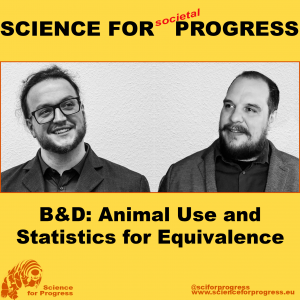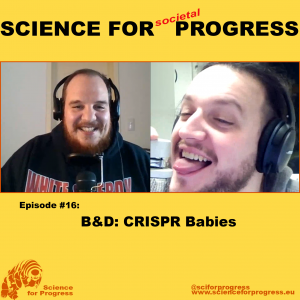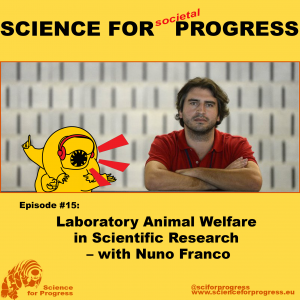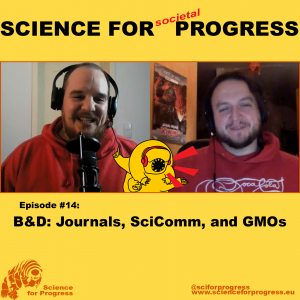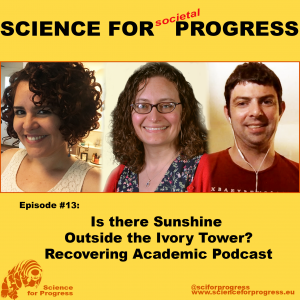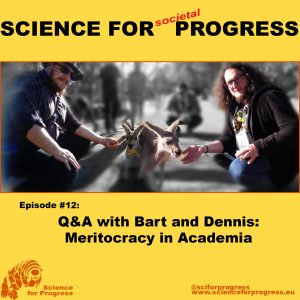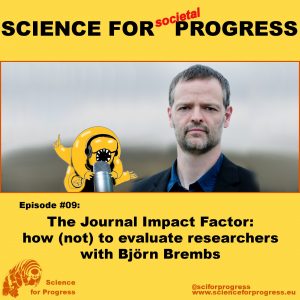Once a month I sit down with my friend and co-host Bart Geurten. We talk about things within and around academia, and exchange opinions on earlier episodes.
In this episode, we first talk about the concept of overlay journals in the context of the newly founded community based journal “Neurons, Behavior, Data Analysis, and Theory”. NBDT is a journal for computational neuroscience, and it’s community lead, completely free, open, and not for profit.
We then talk about the role researchers should play in the dissemination of science to the public. This discussion has been on the internet for a while. In one of her recent youtube videos, the German science communicator Mai Thi Nguyen-Kim picked it up. She says, scientists should be forced to write summaries for a lay readership for every one of their articles.
And in the main section we revisit my interview with Hélène Pidon on GMOs. We talk about the fears we think are behind the anti-GMO sentiments, and why the verdict of the EU court on gene modification was unscientific.
(more…)
about Dennis Eckmeier
Dennis founded Science for Progress. He received a PhD in neuroscience in 2010 in Germany. Until 2018 he worked as a postdoc in the USA, and Portugal. In 2017 he co-organized the March for Science in Lisbon, Portugal. Dennis is currently a freelancer.

